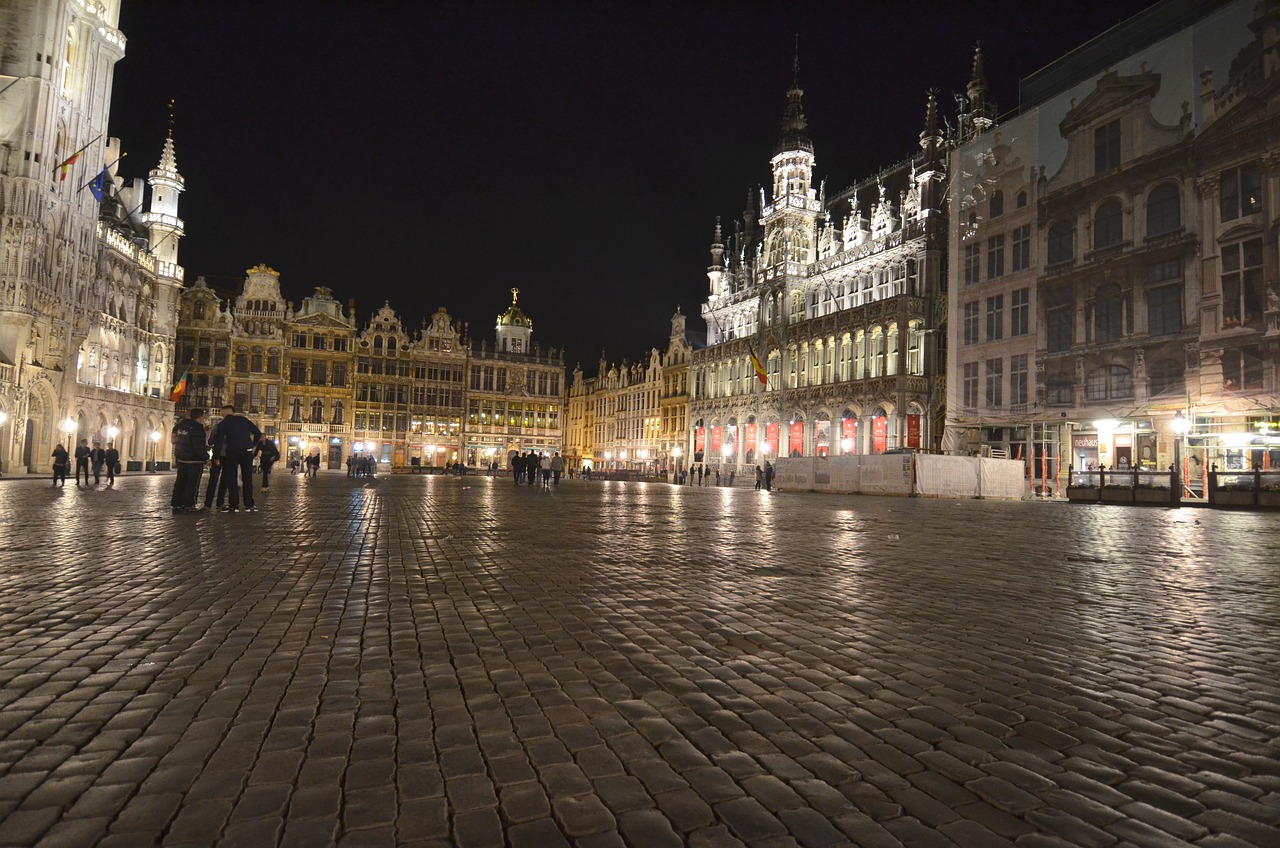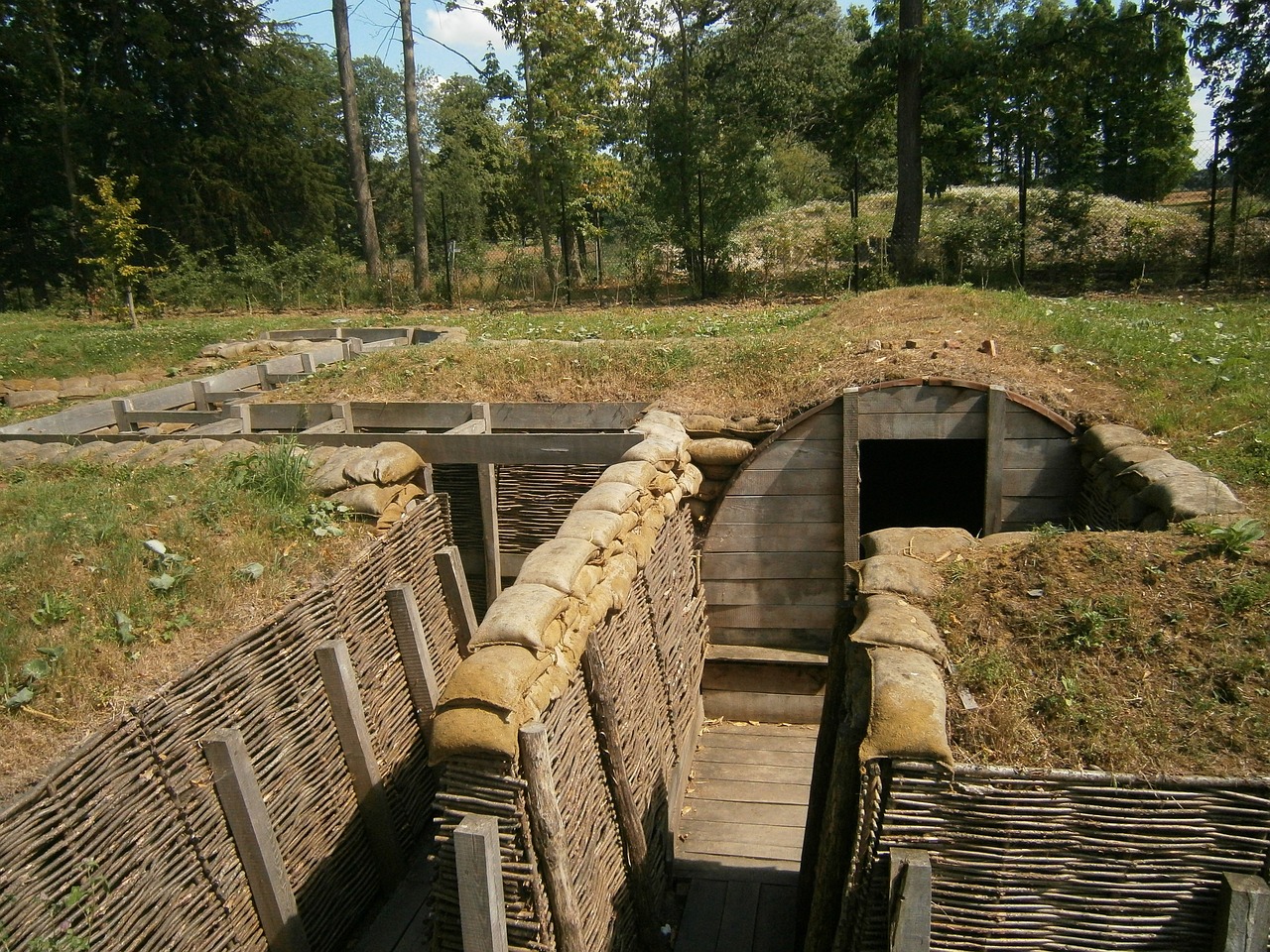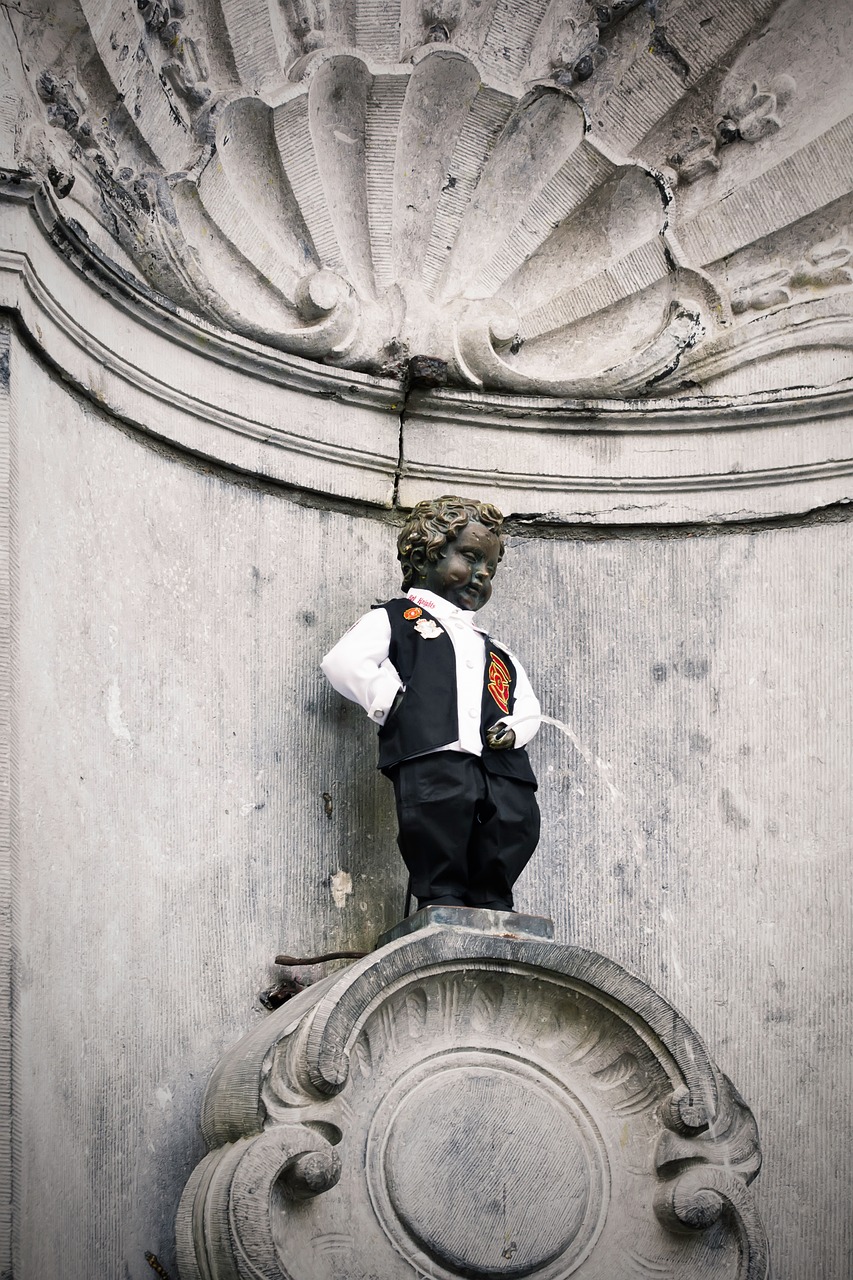Emergency Services: What to Know While in Belgium
Belgium is a beautiful country in Western Europe known for its rich history, stunning architecture, and delicious cuisine. While exploring this charming destination, it’s important to be aware of the emergency services available to ensure your safety and well-being. In this article, we will provide detailed information about emergency services in Belgium, including contact numbers, essential tips, and important guidelines to follow in case of an emergency.
Emergency Numbers
In Belgium, there are three primary emergency numbers that you should be familiar with:
- 112: This is the general emergency number that can be dialed from anywhere in Belgium. It connects you to the appropriate emergency service, including police, fire brigade, and medical assistance.
- 100: This number specifically connects you to the fire brigade. It should be used in case of fire emergencies, including building fires or forest fires.
- 101: Dial this number to reach the police in non-urgent situations, such as reporting theft or vandalism.
It is important to note that these emergency numbers can be dialed free of charge from both landlines and mobile phones in Belgium. When making an emergency call, try to remain calm and provide clear and concise information about the situation.
Medical Emergencies
In the event of a medical emergency in Belgium, there are several services available to provide assistance:
- Emergency Medical Services (EMS): The EMS in Belgium is known as “Ambulance 112” and can be reached by dialing the emergency number 112. They provide rapid response medical care and transportation to the nearest hospital.
- Hospitals and Clinics: Belgium has a well-developed healthcare system with hospitals and clinics located throughout the country. In case of a non-life-threatening emergency, it is advisable to visit the nearest hospital or clinic for medical attention.
- Pharmacies: Pharmacies in Belgium are easily accessible and can provide over-the-counter medications and advice for minor ailments. They are typically open during regular business hours, but some may also offer after-hours services.
It is important to have travel insurance that covers medical emergencies while visiting Belgium. Familiarize yourself with the terms and conditions of your insurance policy to ensure you receive appropriate coverage.
Police Assistance
If you find yourself in need of police assistance in Belgium, the following information will be helpful:
- Emergency Police: Dial the emergency number 112 to report crimes, accidents, or any situation that requires immediate police intervention.
- Local Police Stations: Each city and town in Belgium has its own local police station. If you need to report a non-urgent incident or seek assistance, you can visit the nearest police station during their operating hours.
- Lost and Found: If you lose your belongings or find something that doesn’t belong to you, it is advisable to report it to the local police station. They can assist in reuniting lost items with their owners.
Remember to carry proper identification, such as your passport or identity card, when dealing with the police in Belgium. Cooperation and compliance with their instructions will ensure a smooth process.
Fire Emergencies
In case of a fire emergency in Belgium, the following services are available:
- Fire Brigade: Dial the emergency number 100 to report a fire. The fire brigade in Belgium is well-equipped to handle various types of fires, including building fires, forest fires, and vehicle fires.
- Fire Safety Guidelines: It is essential to familiarize yourself with fire safety guidelines while staying in Belgium. This includes knowing the location of fire exits, following evacuation procedures, and refraining from activities that may cause fires.
- Smoke Detectors: Ensure that your accommodation in Belgium has functioning smoke detectors. If you notice any issues with the detectors, inform the property owner or management immediately.
In the event of a fire, prioritize your safety and evacuate the premises as quickly as possible. Do not attempt to extinguish large fires yourself unless you have received proper training.
Transportation Emergencies
While traveling in Belgium, it is important to be aware of transportation-related emergencies and the available services:
- Emergency Roadside Assistance: If your vehicle breaks down or you encounter any issues while driving, you can contact the Touring Roadside Assistance by dialing the number 070 344 777. They provide help with vehicle breakdowns, flat tires, and other mechanical problems.
- Public Transportation: In case of emergencies on public transportation, such as trains or buses, contact the respective transportation company for assistance. They will be able to guide you on the necessary steps to take.
- Taxi Services: Taxis are readily available in Belgium, and their drivers can assist in case of transportation emergencies. Keep the contact information of reputable taxi services handy for quick access.
It is advisable to familiarize yourself with the transportation options and emergency procedures specific to the area you are visiting in Belgium. This will help you navigate any unexpected situations more effectively.
Natural Disasters
Belgium is not prone to major natural disasters; however, it is always wise to be prepared and informed:
- Weather Alerts: Stay updated with local weather forecasts and alerts. The Royal Meteorological Institute of Belgium provides accurate and timely information regarding weather conditions and potential risks.
- Emergency Evacuation: In the unlikely event of a natural disaster, follow the instructions and guidance provided by local authorities. Familiarize yourself with evacuation routes and emergency shelters in your vicinity.
It is recommended to have a basic emergency kit with essential supplies, including non-perishable food, water, a flashlight, and a first aid kit, in case of any unforeseen circumstances.
Image 1:

Emergency Preparedness
To ensure your safety and well-being while in Belgium, it is essential to be prepared for emergencies:
- Travel Insurance: Obtain comprehensive travel insurance that covers medical emergencies, trip cancellations, and lost belongings. Familiarize yourself with the details of your insurance policy, including contact information for emergency assistance.
- Local Authorities: Keep a list of important contact numbers, including the nearest embassy or consulate, local police stations, and hospitals. This will be helpful in case of any emergency or if you require assistance.
- Language: While English is widely spoken in Belgium, it is beneficial to learn a few basic phrases in French or Dutch, depending on the region you are visiting. This can facilitate communication during emergencies.
- Stay Informed: Stay updated with local news and announcements, especially during times of unrest or public safety concerns. Follow the guidance provided by local authorities and avoid areas of potential danger.
By being prepared and informed, you can ensure a safe and enjoyable experience while exploring the beautiful country of Belgium.
Image 2:

Conclusion
Belgium offers a delightful blend of history, culture, and natural beauty. While enjoying your time in this enchanting country, it is important to be aware of the emergency services available and how to access them. Familiarize yourself with the emergency numbers, medical facilities, police assistance, fire services, transportation options, and general safety guidelines. By following these recommendations and staying prepared, you can have a safe and memorable visit to Belgium.
Image 3:

References
– Belgium.be: https://www.belgium.be/
– Visit Belgium: https://www.visitbelgium.com/
– Royal Meteorological Institute of Belgium: https://www.meteo.be/
– Touring Roadside Assistance: https://www.touring.be/


